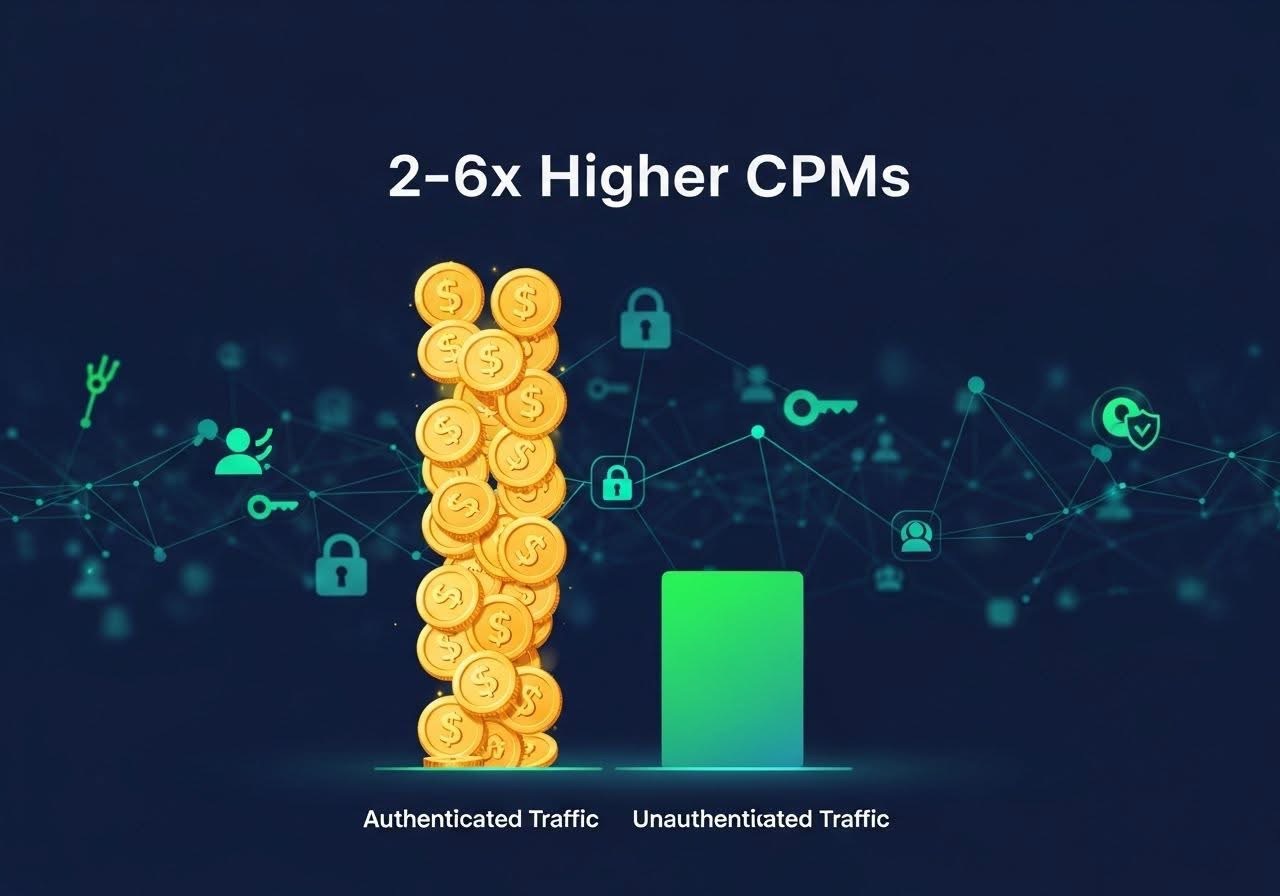 Pin
Pin
It’s commonly said that you can afford anything but you can’t afford everything. That might not be entirely true. There are certainly some things that I (and probably you) couldn’t buy even if we used every dollar we had. But the sentiment is so true.
We all make choices daily about what to spend our money on. We can choose the things that are important to us and then spend our funds on things. Unfortunately, if we’re not careful, we sometimes spend our money without intention and then wonder why it’s so hard to have the things that we really want.
Financially successful people make spending choices based on their own personal priorities. They spend their money on what’s important to them and avoid spending on things that aren’t.
When I talk with people about budgeting, we always start with priorities. What do you value? What are the most important things you need your money to do for you?
Figuring out what your priorities are is essential, but it’s also helpful to decide what your priorities *aren’t*.
Let’s talk about how identifying your non-priorities can lead to financial success.
What are financial non-priorities?
Your financial non-priorities are the spending areas that don’t matter to you. When you decide what doesn’t matter to you, what’s not worth spending your hard-earned money on, you’ll see what spending you can cut without lowering your quality of life.
I’m not talking about absolute non-spending, the kind of spending that you would absolutely positively never do. For example, I don’t drink alcohol. Never have, never will. I am not ever tempted to spend in this area. Reducing the spending of something that’s already at zero won’t get us any traction.
Non-priorities are things that you do spend money on sometimes (or even often), but that aren’t nearly as important to you as the things you care most about. You could easily be tempted to spend on non-priorities, even if you admit that they aren’t as important to you as other things.
Sacrificing non-priorities
To make financial progress, whether that’s paying off debt, saving for a goal, or just creating more breathing room in a stressful budget, you need to be willing to make some sacrifices.
Your urgency and your dedication to your financial goals will dictate the intensity of your sacrifices.
It’s easy to sit at home and say, “I really want to travel more. Travel is my number one financial priority.”
It’s another thing to say, “I really want to travel more. Travel is my number one financial priority. I’m willing to not spend money on other things so that I can travel more.”
It’s yet another thing to actually make those sacrifices, especially when surrounded by others whose priorities are different.
This is where identifying your non-priorities comes in.
If you haven’t identified what your priorities *aren’t*, it is easy to justify other spending, especially when you’re influenced by other friends.
My financial non-priorities
Before I tell you about some of my financial non-priorities, I want to emphasize that what you choose as your non-priorities is completely personal. Your financial priorities and your non-priorities are likely totally different than mine. There is nothing wrong with people who choose to spend in these areas where I choose not to spend. I just share these as an example.
Eating Out
We don’t eat out. Like at all. Ever. The closest most of my kids have ever been to a sit-down restaurant was the restaurant on our cruise earlier this year. We will occasionally get take-out pizza, but that’s about the extent of it. Besides getting ice cream on a road trip once, I don’t think we’ve ever even taken our kids to McDonald’s.
Clothes
I’m not into buying lots of new, expensive clothes. I stick to basics rather than keeping up with trends. Fashion just isn’t super important to me. I have some clothes that have been in my closet for over twenty years. I do buy things for myself here and there, but I get as much secondhand (thrift stores or hand-me-downs) as I buy new.
Hair, Nails, Massages, Bags, Purses, Jewelry
I am very low maintenance when it comes to spa sorts of things, so I rarely spend money on them. I grew up having my mom cut my hair. I occasionally pay a friend to cut my hair or sometimes Mike cuts it for me. I have never paid for a manicure, pedicure, facial, or massage. I rarely buy bags, purses or jewelry. I don’t care about brands, so when I do buy them I don’t spend a lot or get them secondhand.
Community/Rec Sports
I love having kids involved in school sports, but it just wasn’t a priority when they were/are young. They seem to catch up to their peers just fine when they’re older. This was both a financial and a scheduling choice.
Home Decor
While I love seeing how other people decorate their homes both for holidays and generally, my own home decor is very simple. By simple I don’t mean minimalistic yet cohesive, I mean nearly non-existent. As far as holidays go, I decorate for Christmas, but very little for any other holidays. If I had unlimited funds and time, I think it would be lovely to have a beautifully decorated home. Right now I have other priorities.
Home Improvement
We have an ongoing list of things that we want to update and improve on our house. We would love to get new flooring, a new front deck, new kitchen counters, and remodel all three bathrooms. We’ve even gotten some estimates and almost started some of that work, but ultimately there are other ways we want to spend our money right now.
How to resist spending on financial non-priorities
Just because you identify certain spending categories as “non-priorities” doesn’t mean that it will be easy to avoid spending money on them. Even though you have other priorities and goals, the temptation to spend may still be there. Here’s what I do to try to resist spending on things that are non-priorities.
Focus on priorities
Whethere it’s paying off debt or saving for a vacation, focusing on the end goal can help motivate you to do hard things. Imagine what being debt-free feels like. Daydream about being on the beach with your family. Focus on your goal instead of what you’re missing out on. Think of it as a trade-off.
Remind yourself that it’s a choice
Feeling restricted often leads people to sabotage their own goals. No one likes to be bossed around or feel restricted. That’s why budgets often get a bad rap. Remind yourself that you have the freedom to spend your money on whatever you want, but you are choosing not to spend on some things that don’t matter much to you so that you have more to spend on things you want more.
Set yourself up for success
With your financial priorities and non-priorities explicitly identified, you’ll be well on your way to financial success. The best part is that this is personal finance, so if you want to change your priorities down the road you absolutely can!
How about you?
Have you consciously identified your financial priorities and non-priorities?
What are some of your financial non-priorities?

 3 hours ago
1
3 hours ago
1
.jpeg)





















.jpeg)













 English (US) ·
English (US) ·